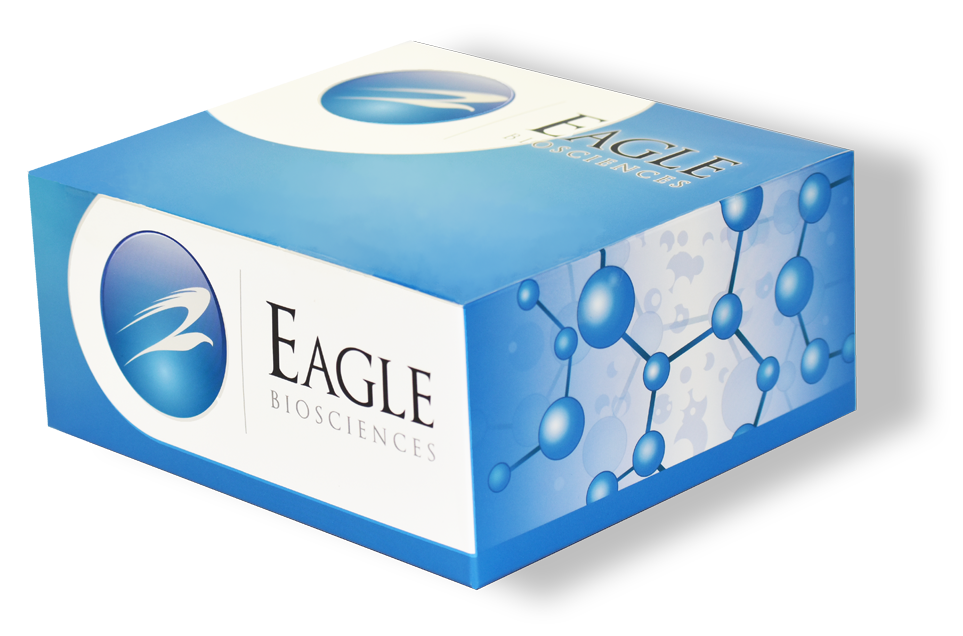Myoglobin is a small heme-containing protein predominantly found in cardiac and skeletal muscle, where it functions as an oxygen storage and transport molecule. In the event of muscle injury or stress, myoglobin is rapidly released into the bloodstream, making it a sensitive early marker of muscle damage. Its molecular size allows for quick filtration by the kidneys, and elevated circulating levels can indicate acute tissue injury even before more traditional markers rise. In rodents, including rats, myoglobin measurement provides insight into muscle physiology, toxicity responses, and cardiac events in preclinical studies.
The rat myoglobin ELISA is a sensitive immunoassay designed to quantify myoglobin concentrations in serum, plasma, or tissue samples. In research settings, this assay is commonly used to assess skeletal or cardiac muscle injury in models of ischemia, drug-induced toxicity, or exercise physiology studies. It allows investigators to monitor temporal changes in myoglobin levels and correlate them with histological or functional outcomes, providing a non-invasive biomarker for tissue damage.
In clinical and translational research, measuring myoglobin can help in evaluating the efficacy and safety of therapeutic interventions, especially those affecting muscle or cardiac tissue. While myoglobin is less specific than other cardiac markers like troponin, its rapid release profile makes it valuable for early detection of acute injury. Additionally, rat myoglobin ELISAs support preclinical toxicology studies by identifying potential off-target effects of investigational drugs, ultimately bridging findings from animal models to human clinical applications.
This product is manufactured in USA by Eagle Biosciences.
| Size | 1 x 96 Well |
| Sensitivity | 3.612 ng/mL |
| Dynamic Range | 6.25 ng/mL – 200 ng/mL |
| Incubation Time | 1 hour 25 minutes |
| Sample Type | Serum, plasma |
| Storage | 2-8°C |
| Alternative Names | Mb, hemochroma, and ferroporphyrin protein. |

